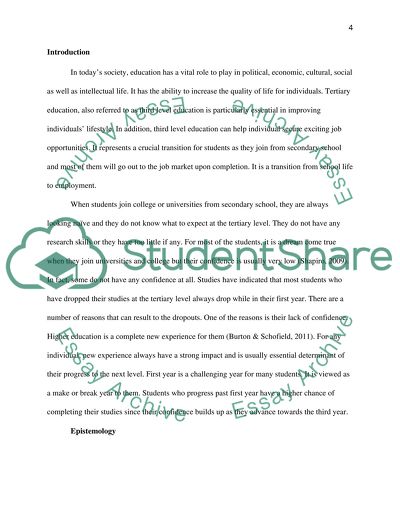Cite this document
(Confidence of Students in Secondary School Education and College Research Paper, n.d.)
Confidence of Students in Secondary School Education and College Research Paper. Retrieved from https://studentshare.org/education/1475215-business-research-skills
Confidence of Students in Secondary School Education and College Research Paper. Retrieved from https://studentshare.org/education/1475215-business-research-skills
(Confidence of Students in Secondary School Education and College Research Paper)
Confidence of Students in Secondary School Education and College Research Paper. https://studentshare.org/education/1475215-business-research-skills.
Confidence of Students in Secondary School Education and College Research Paper. https://studentshare.org/education/1475215-business-research-skills.
“Confidence of Students in Secondary School Education and College Research Paper”, n.d. https://studentshare.org/education/1475215-business-research-skills.


